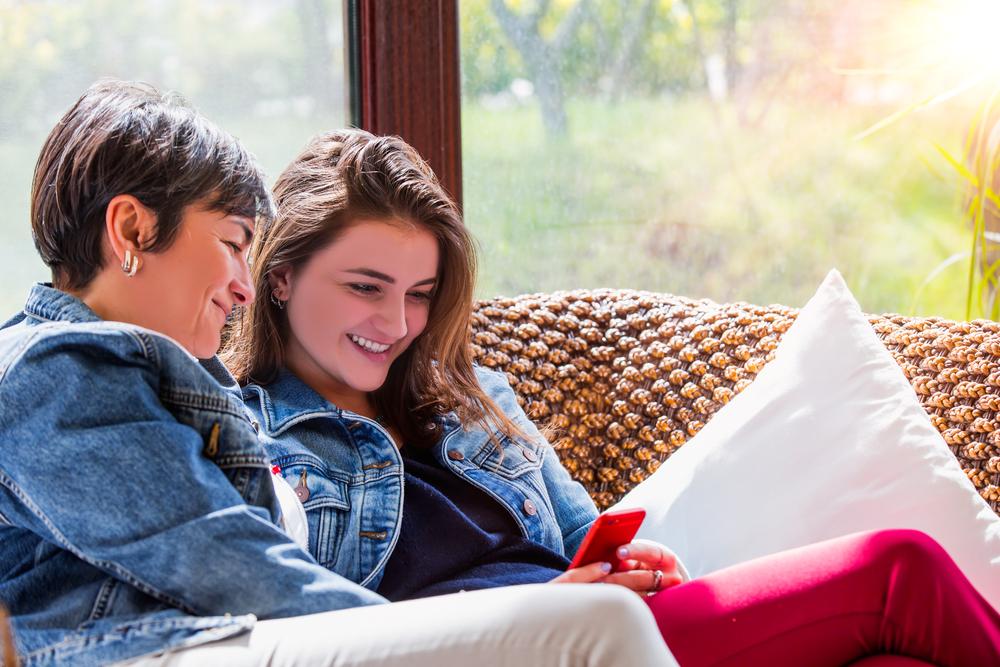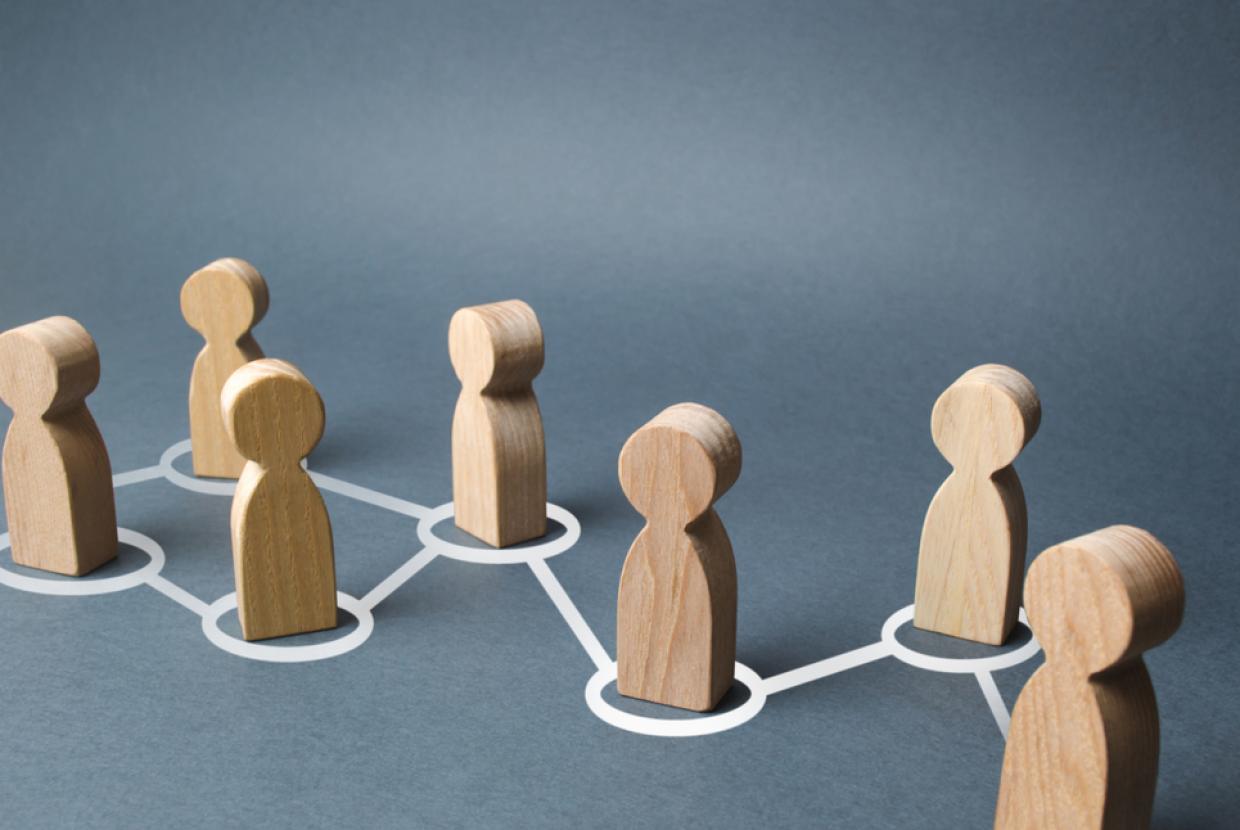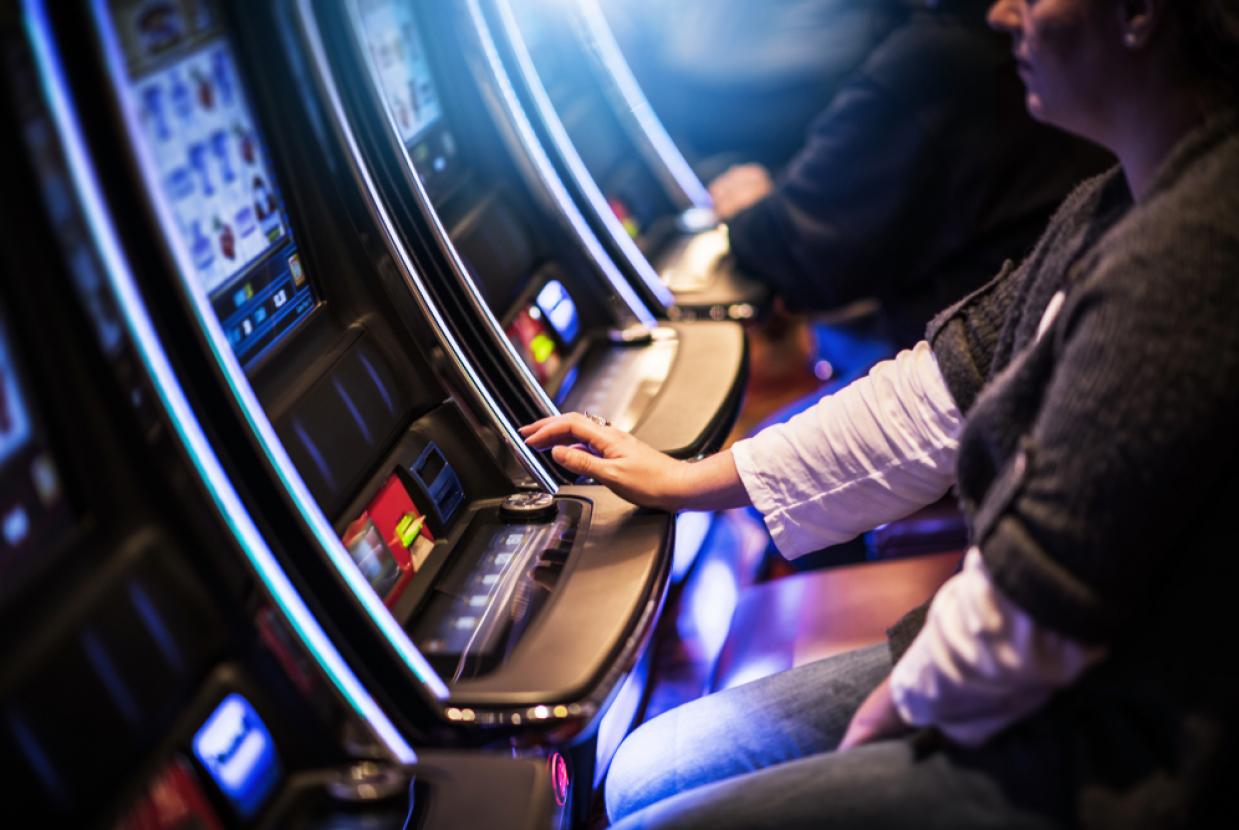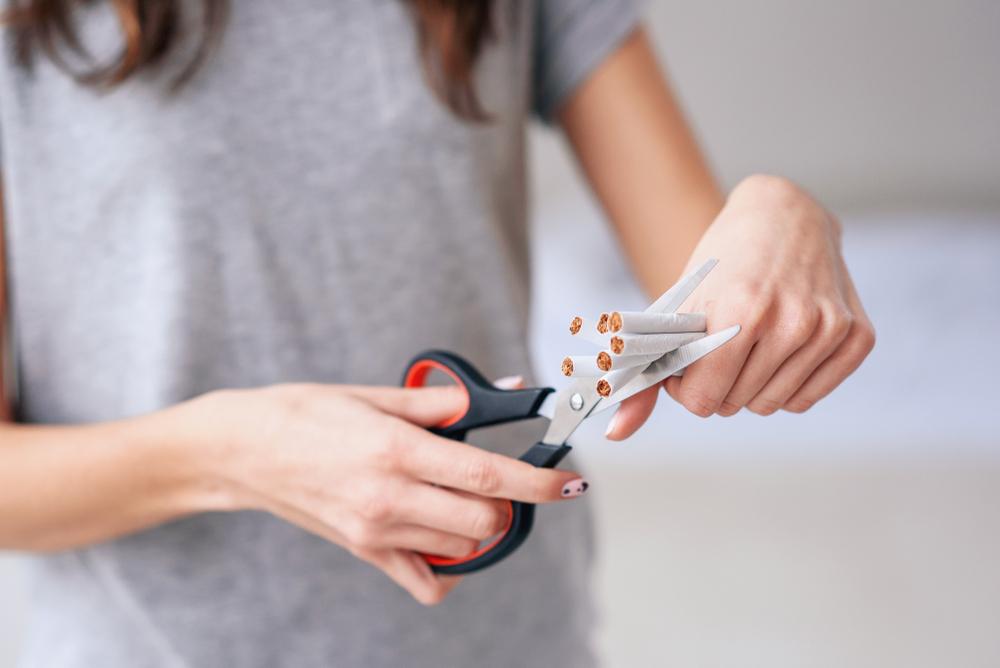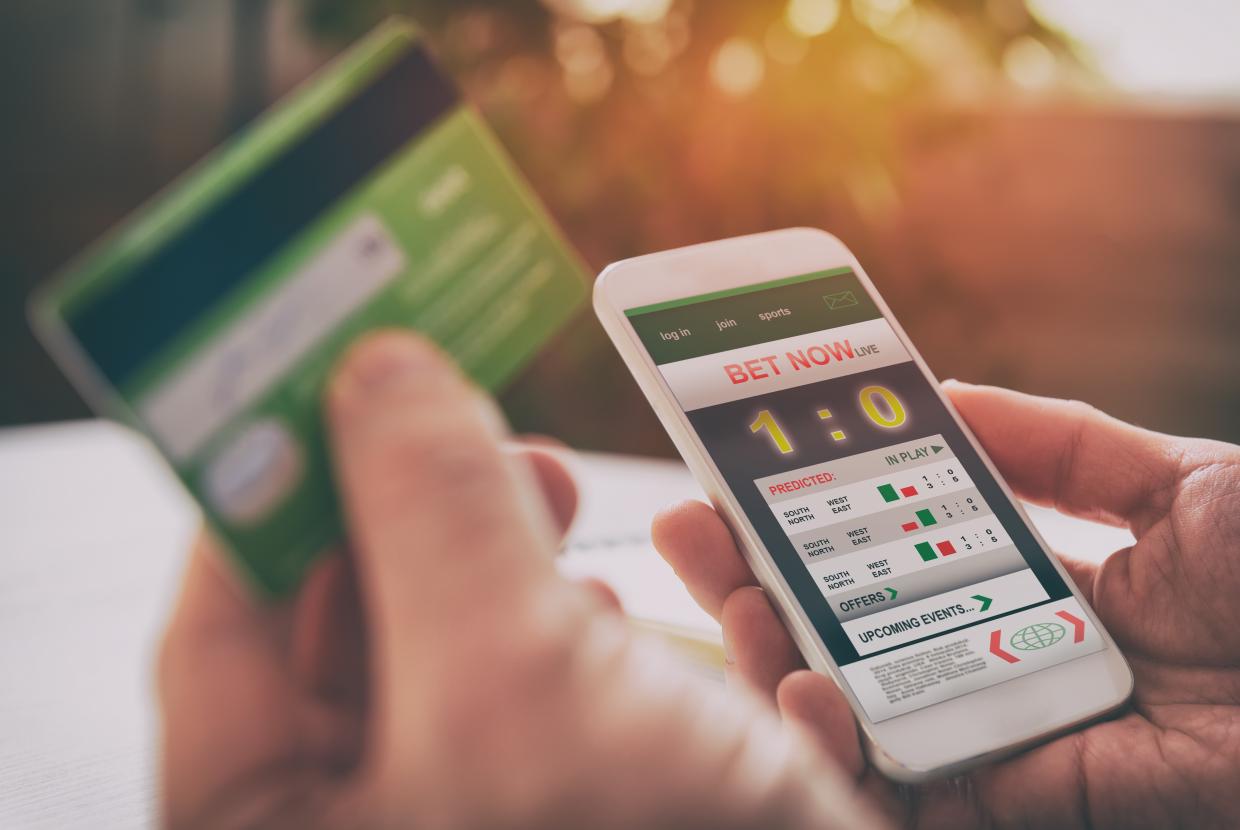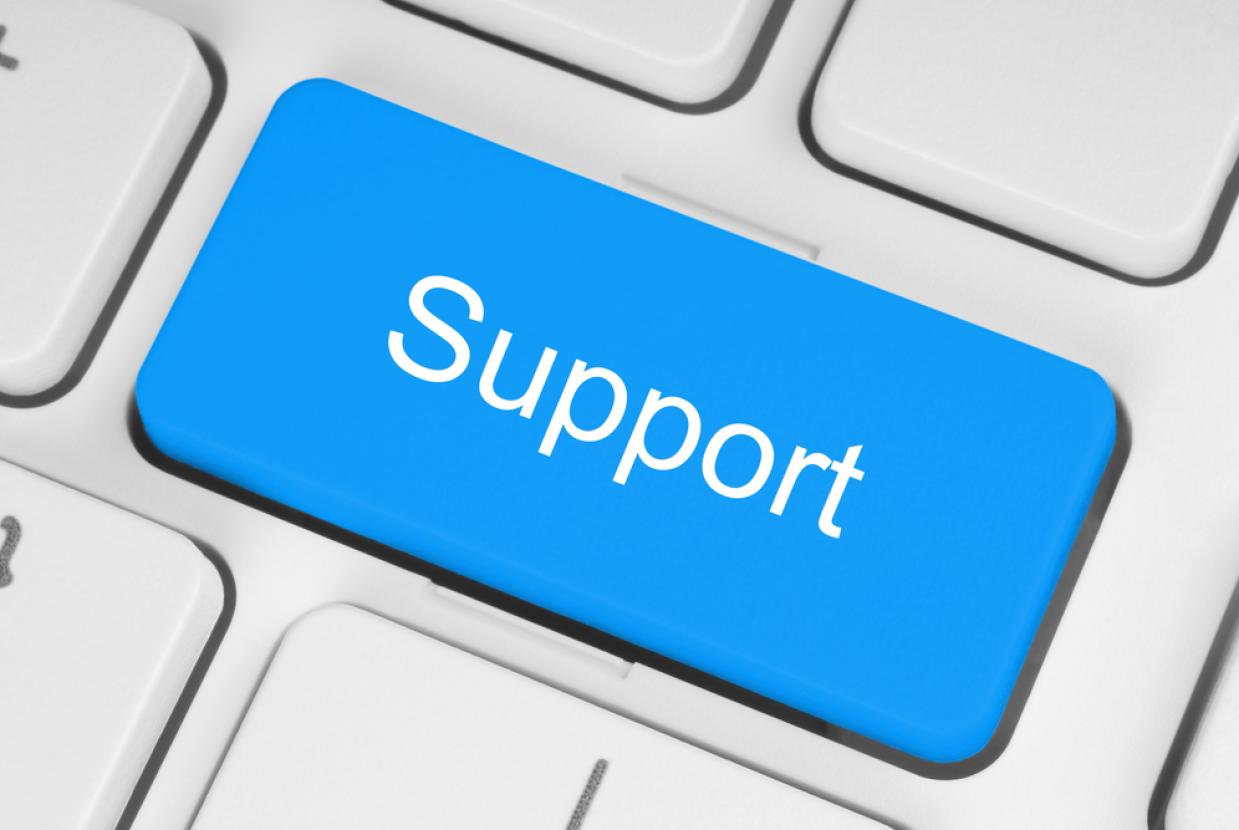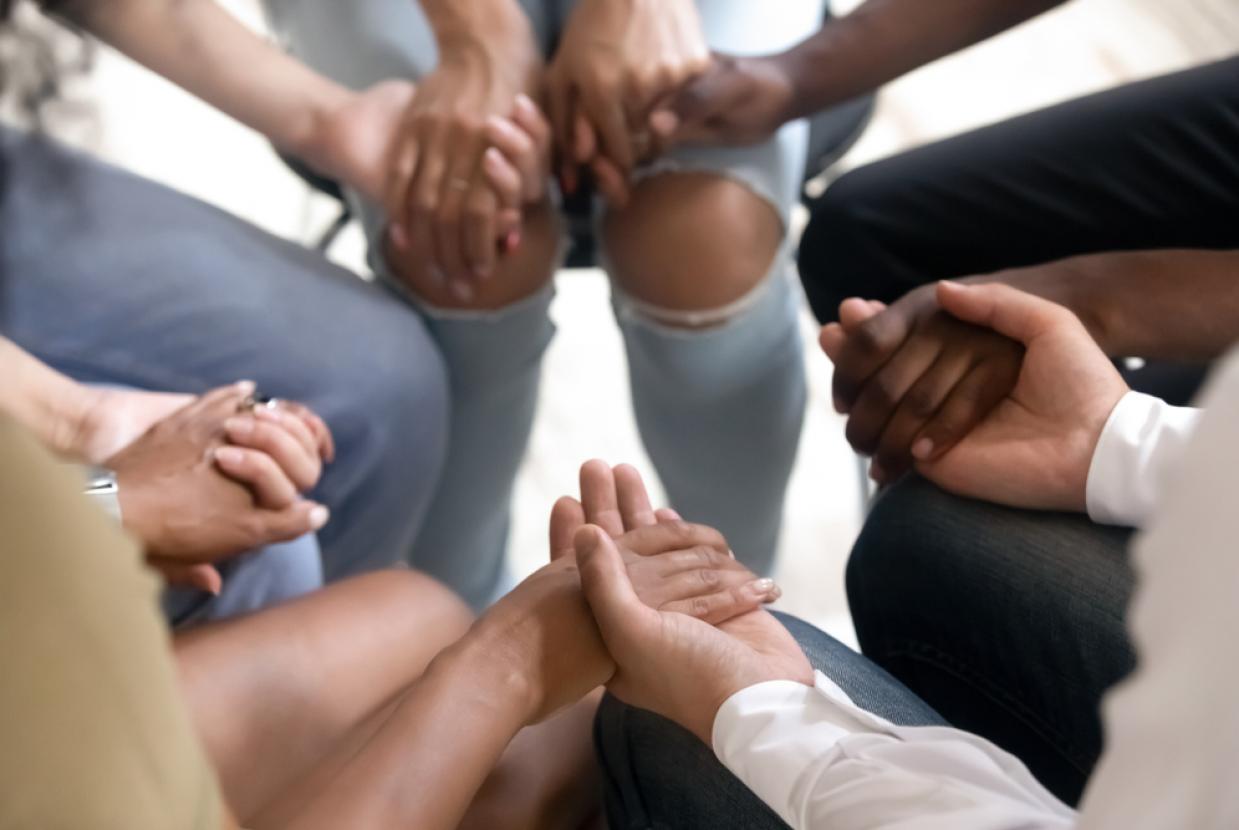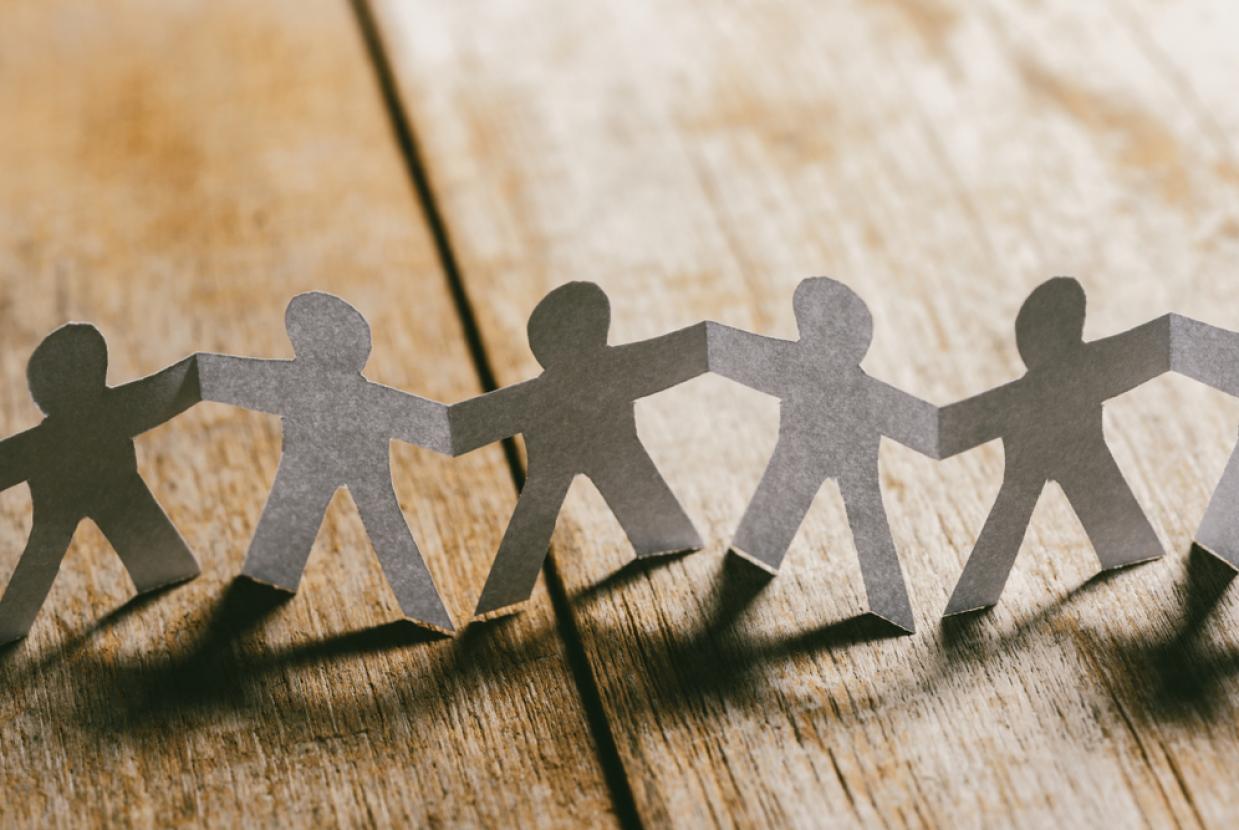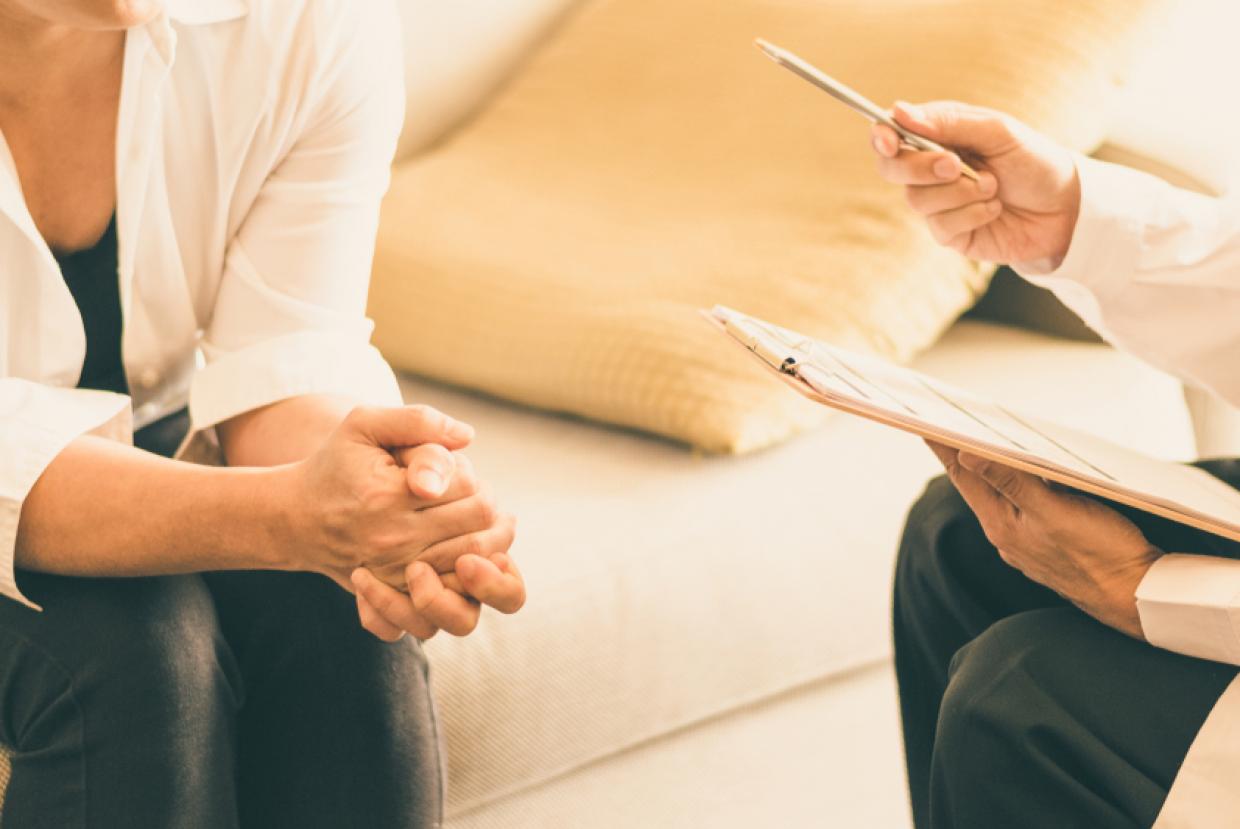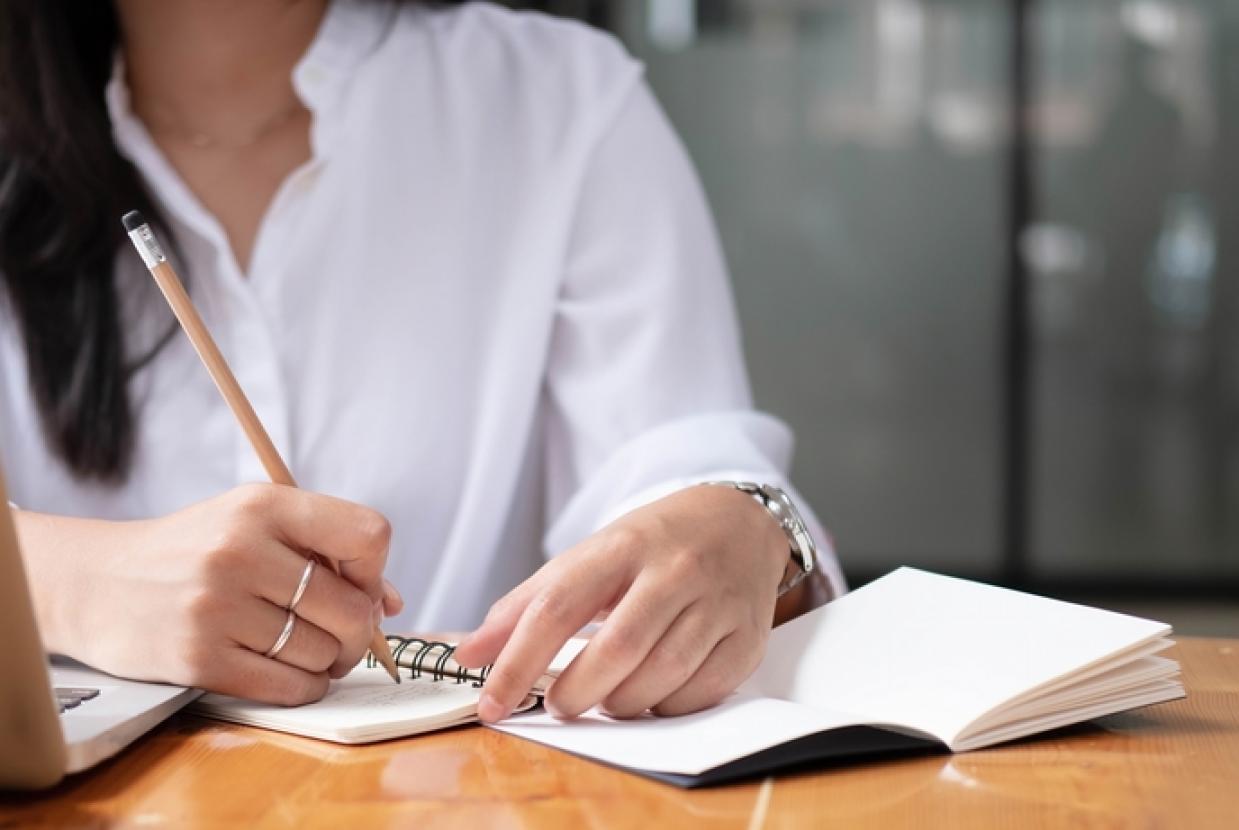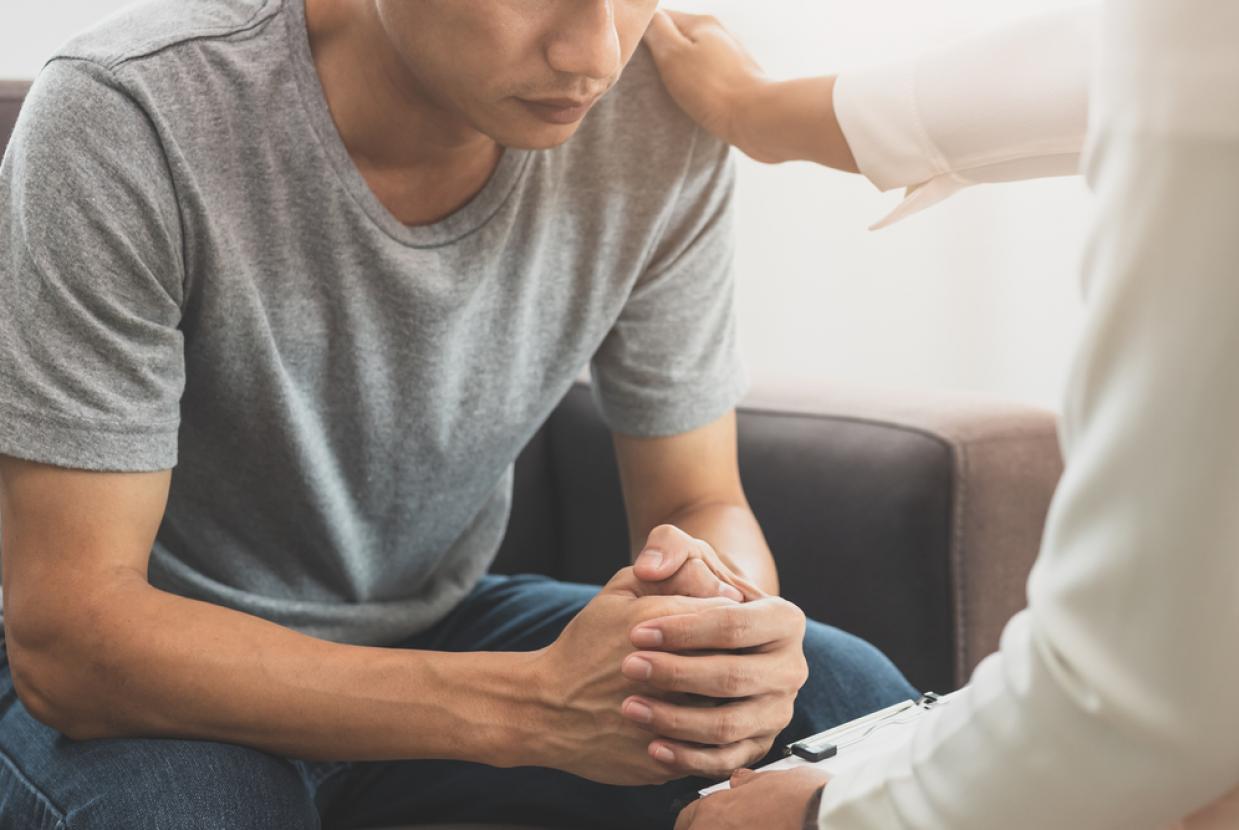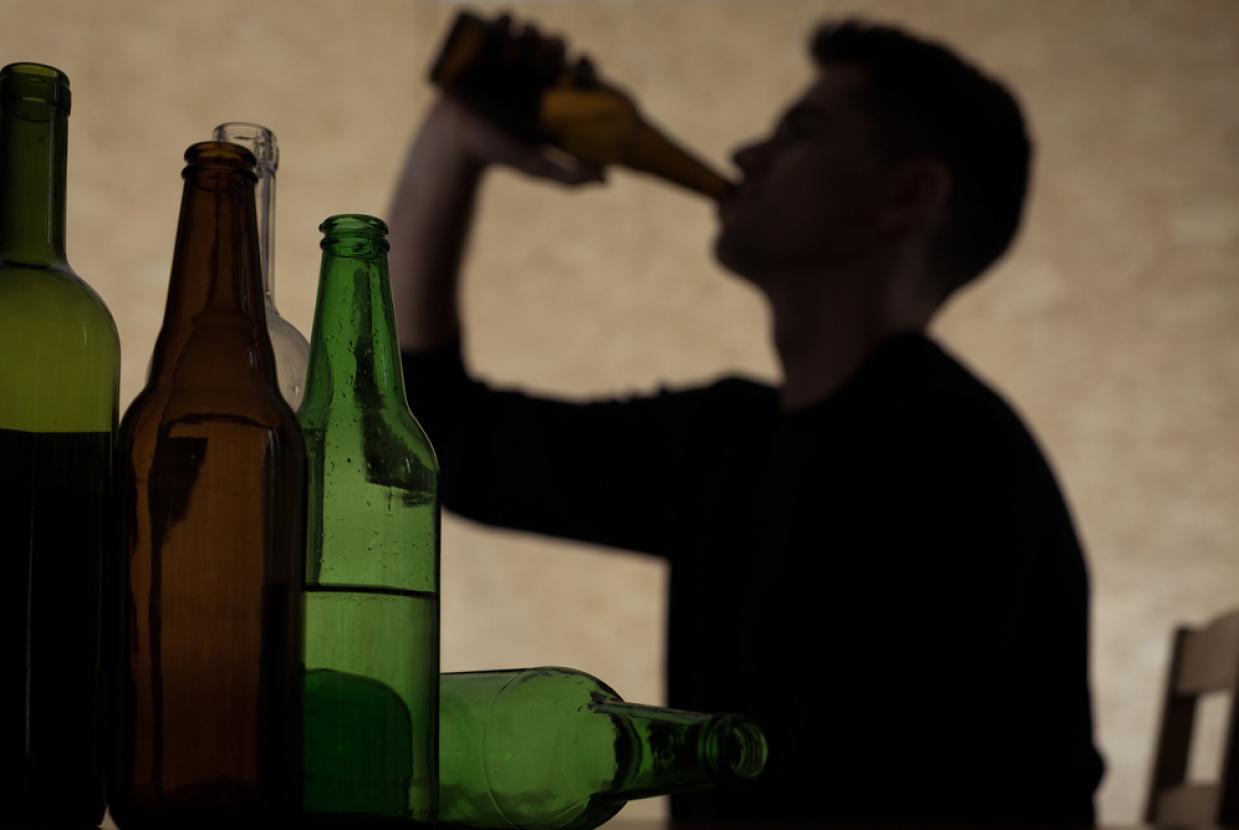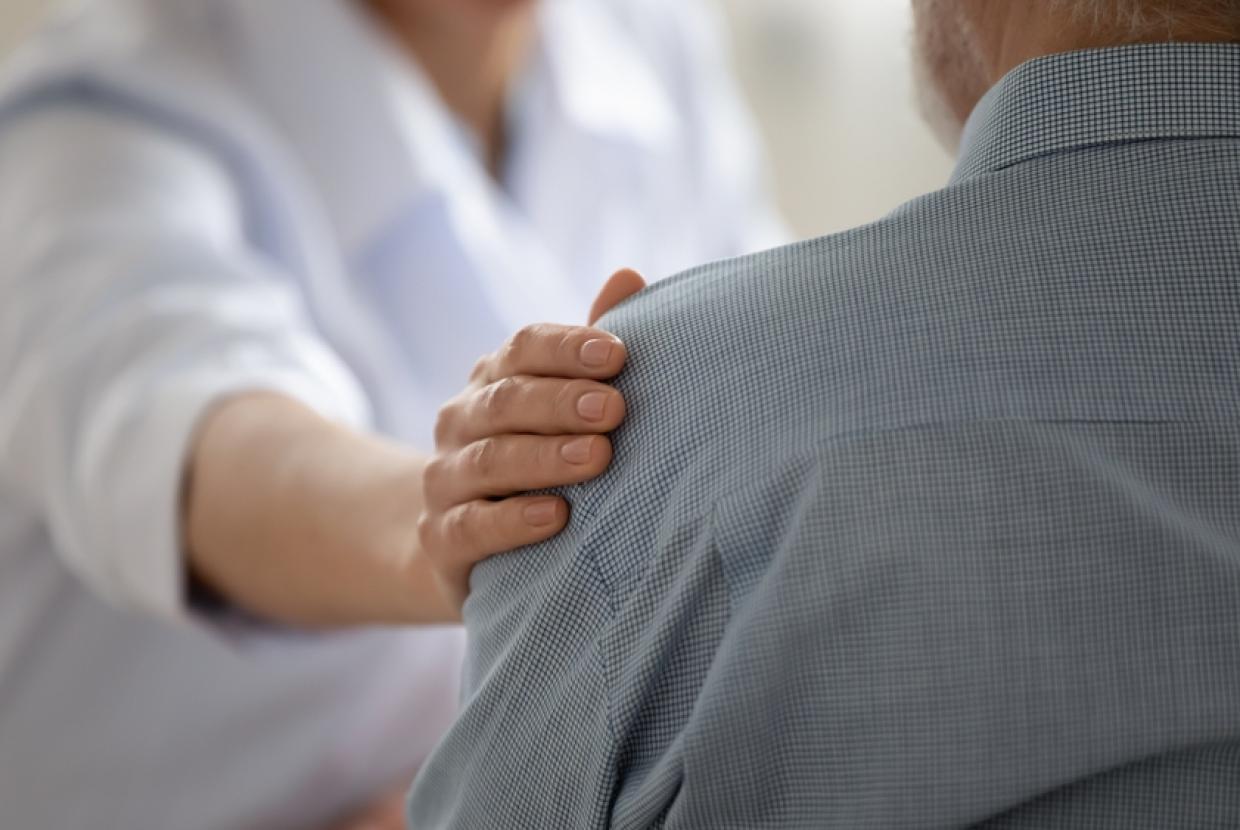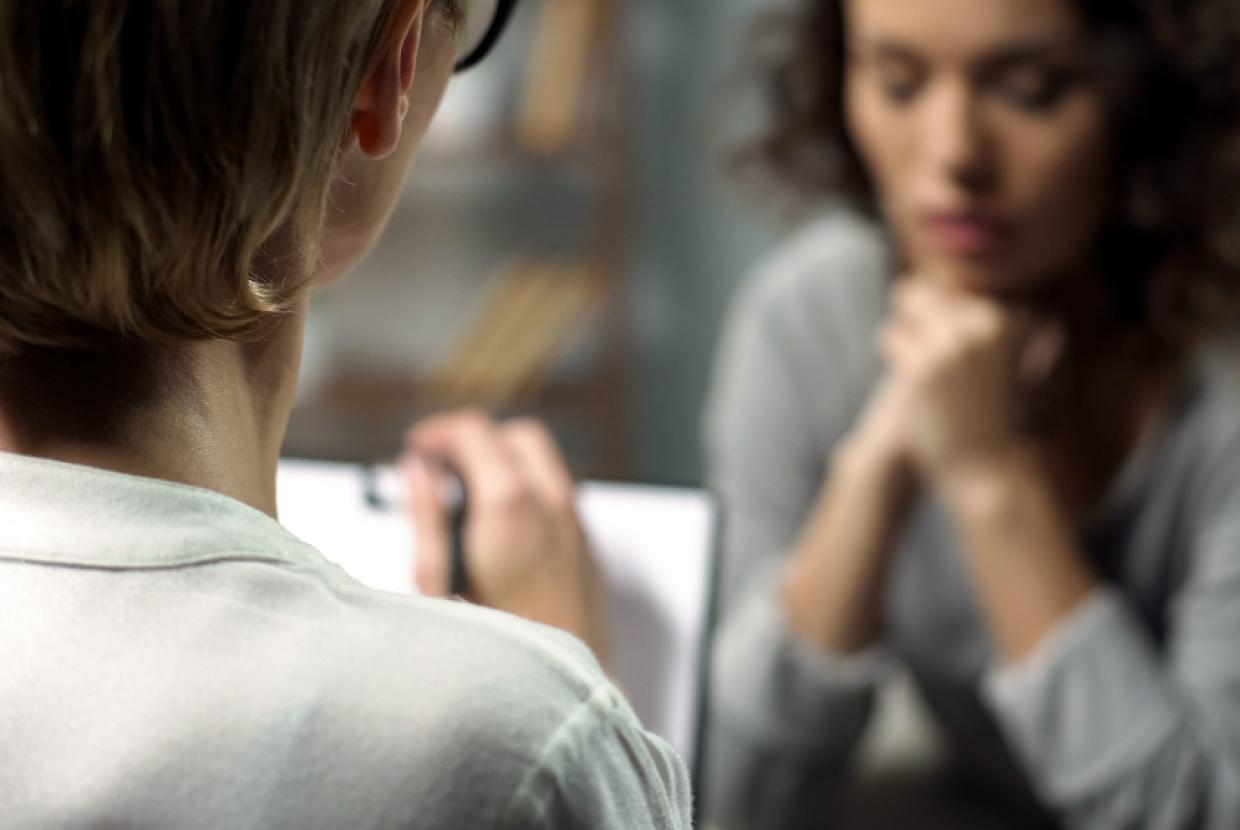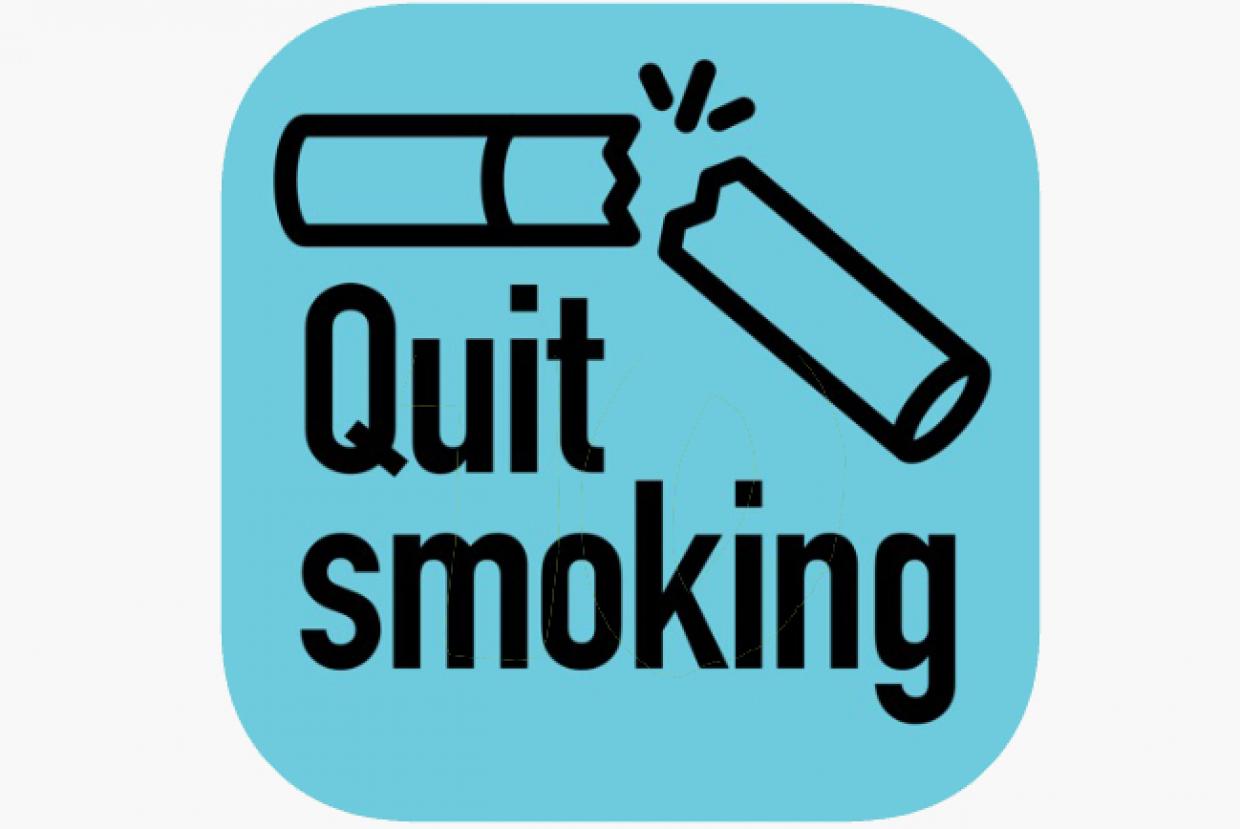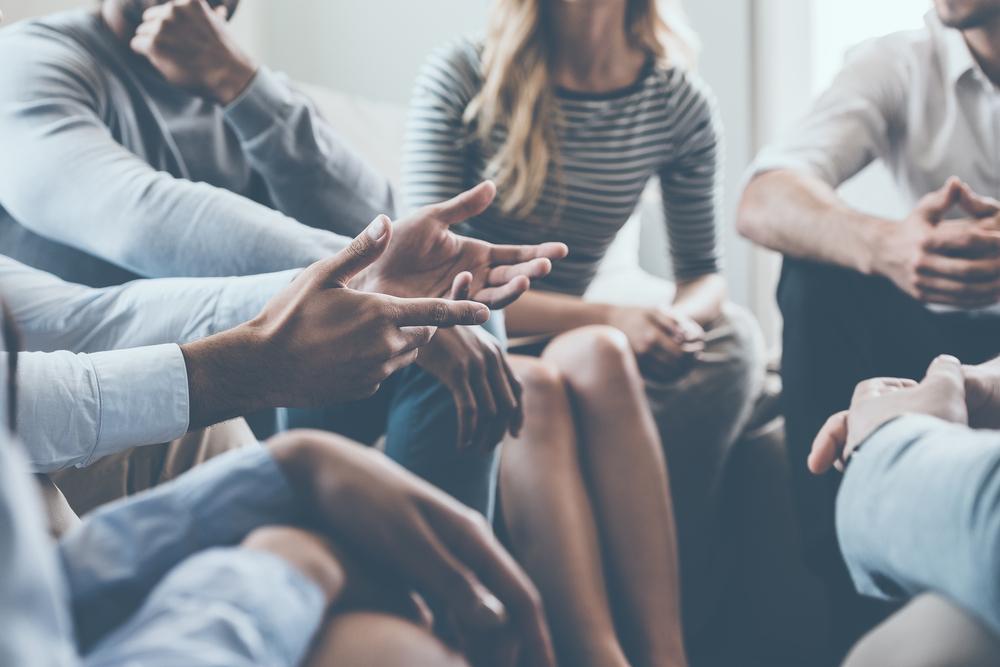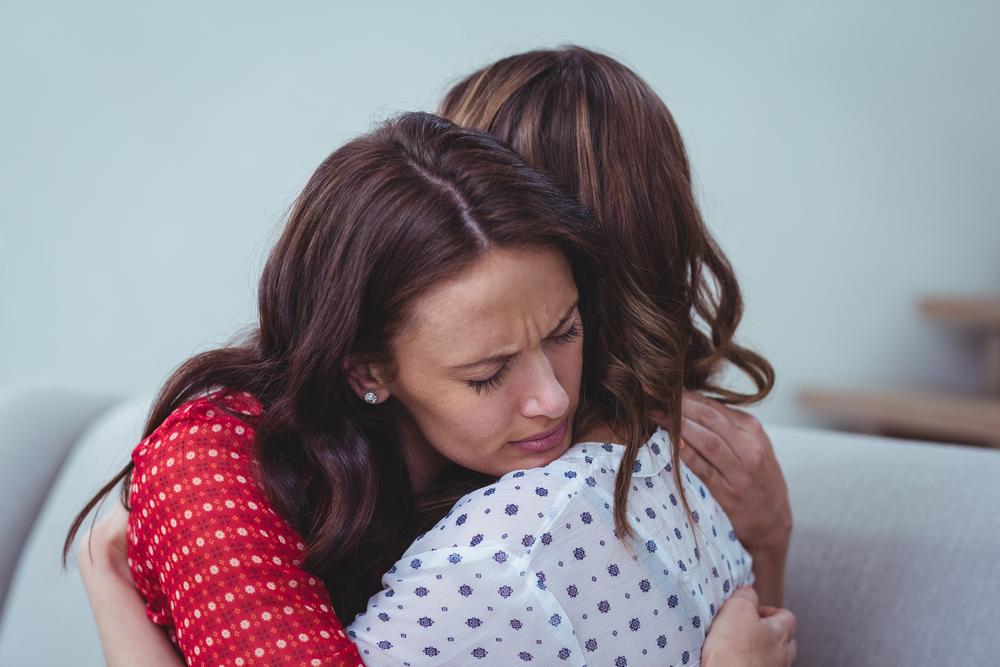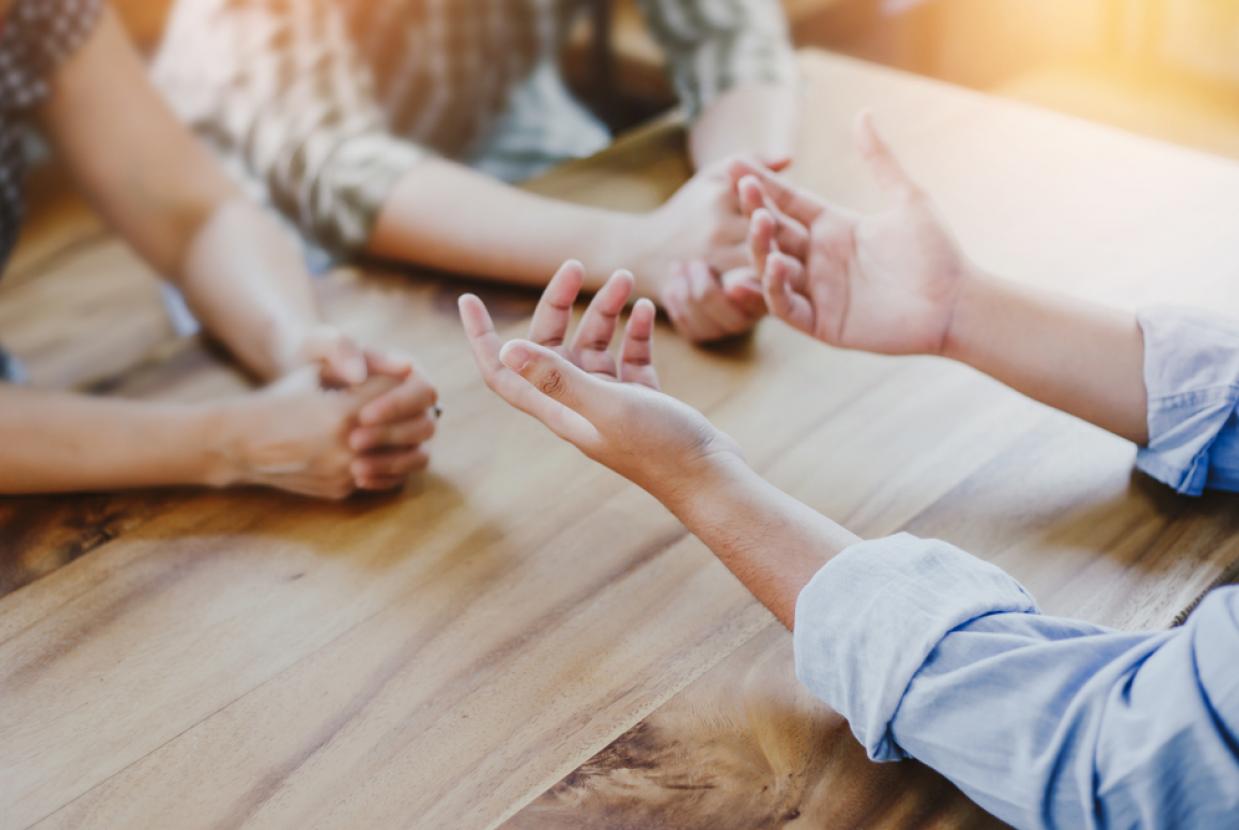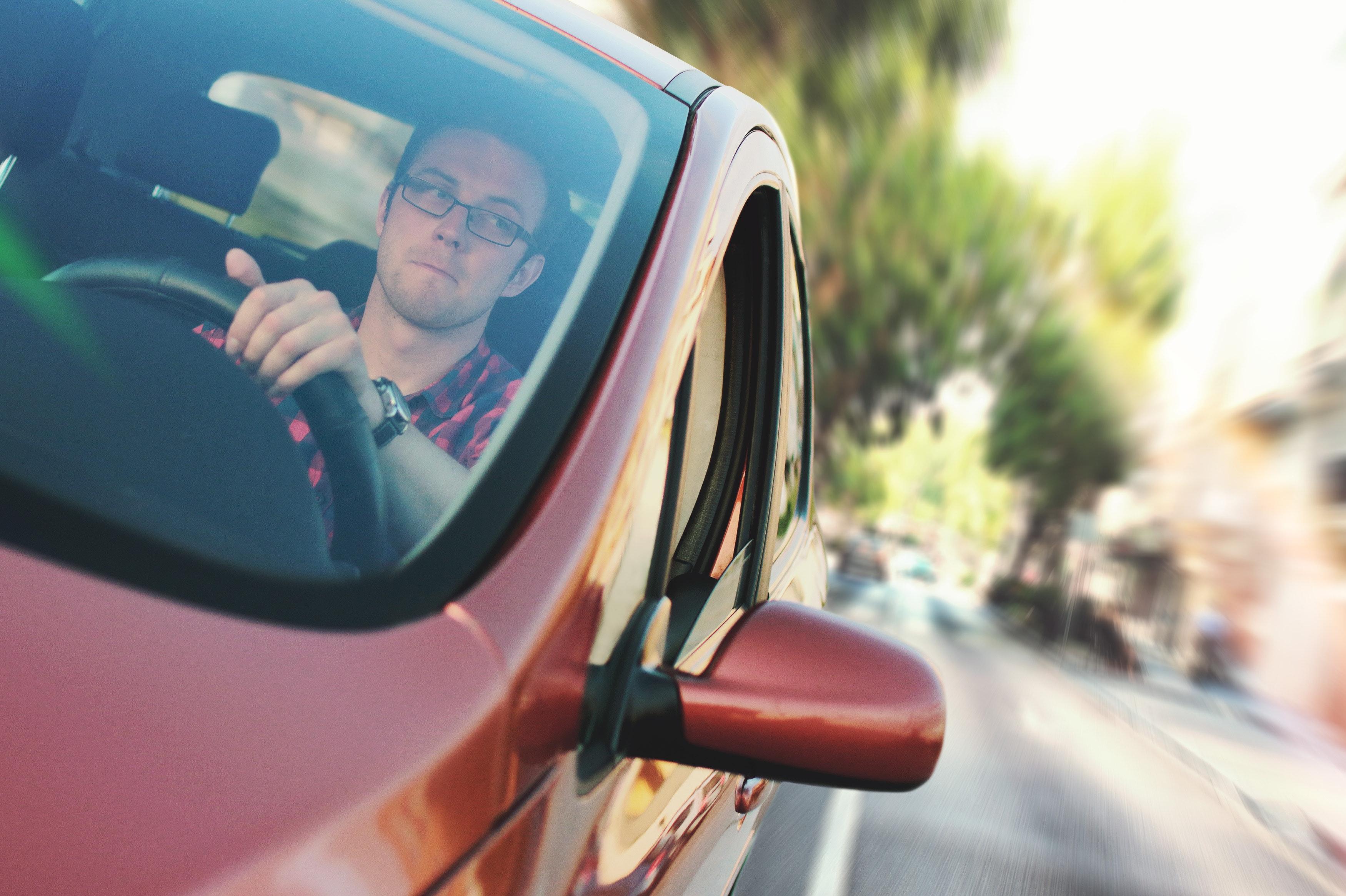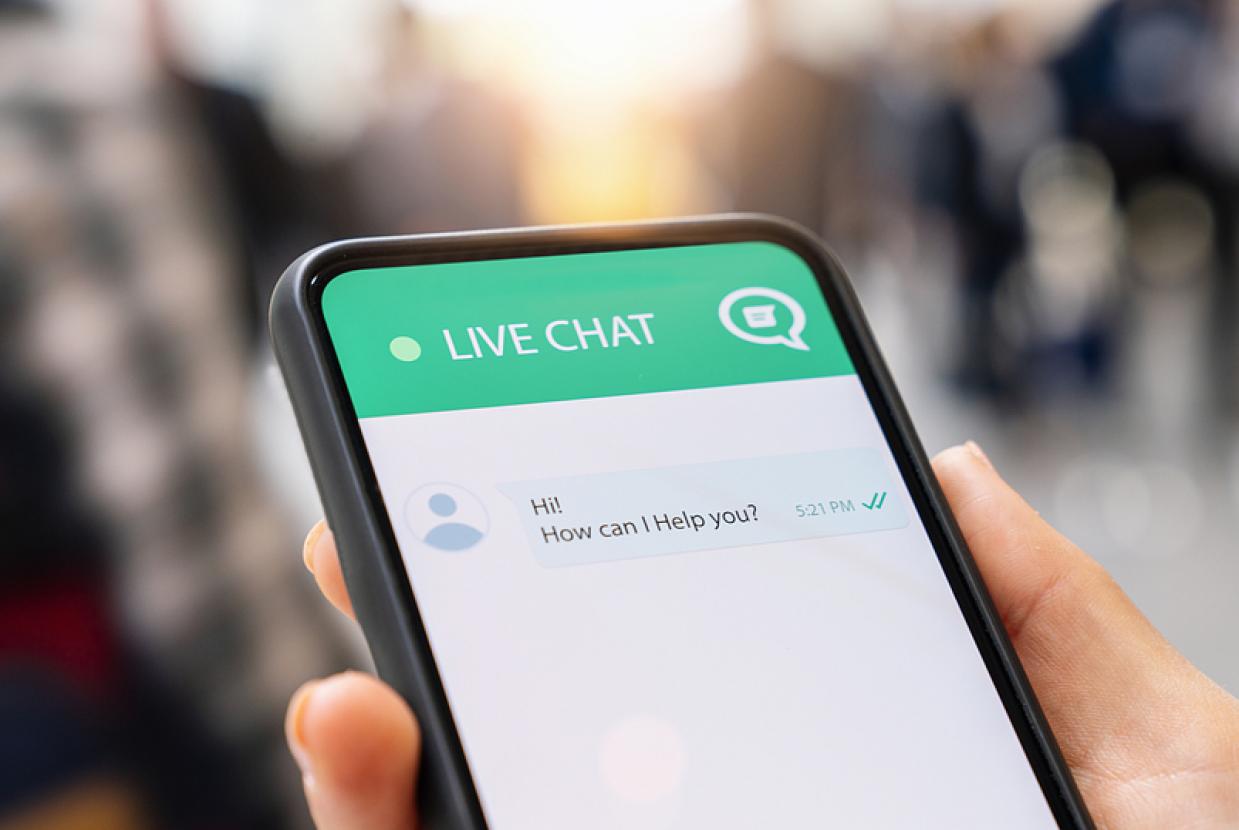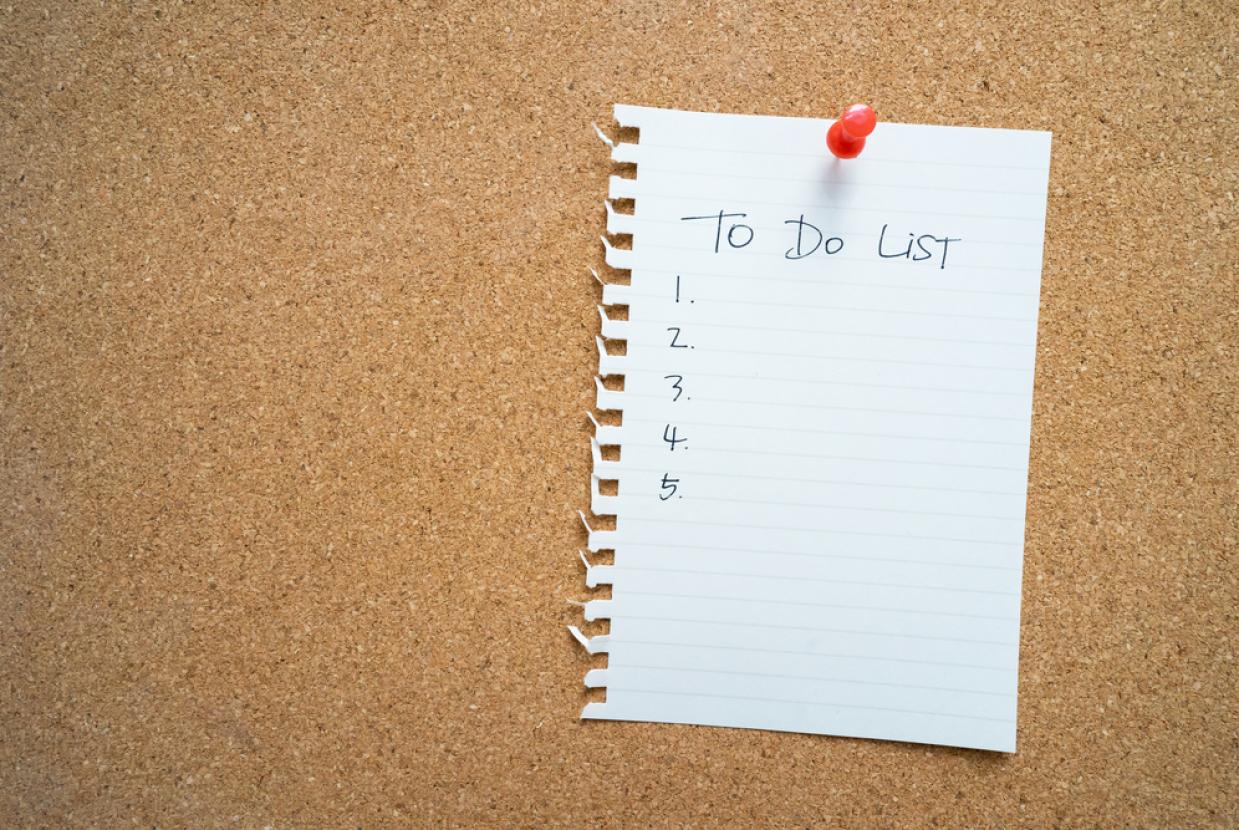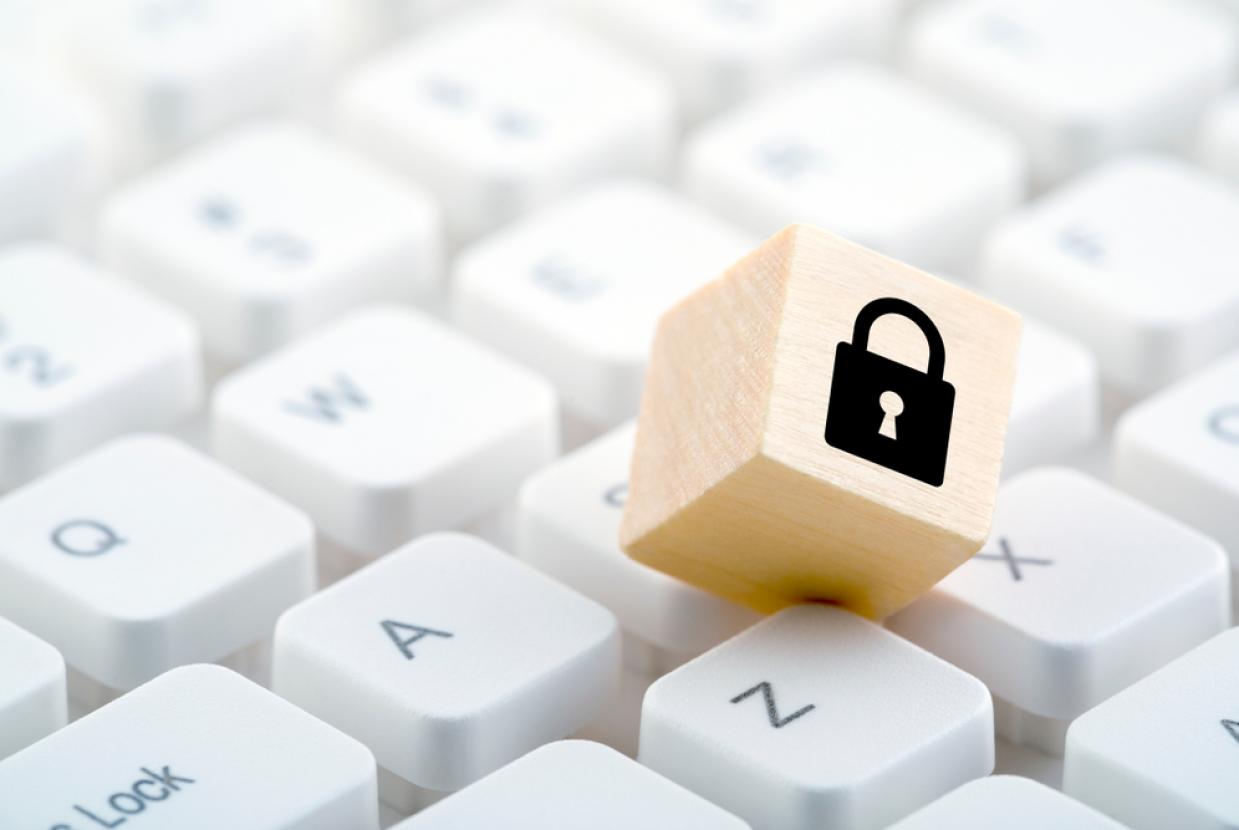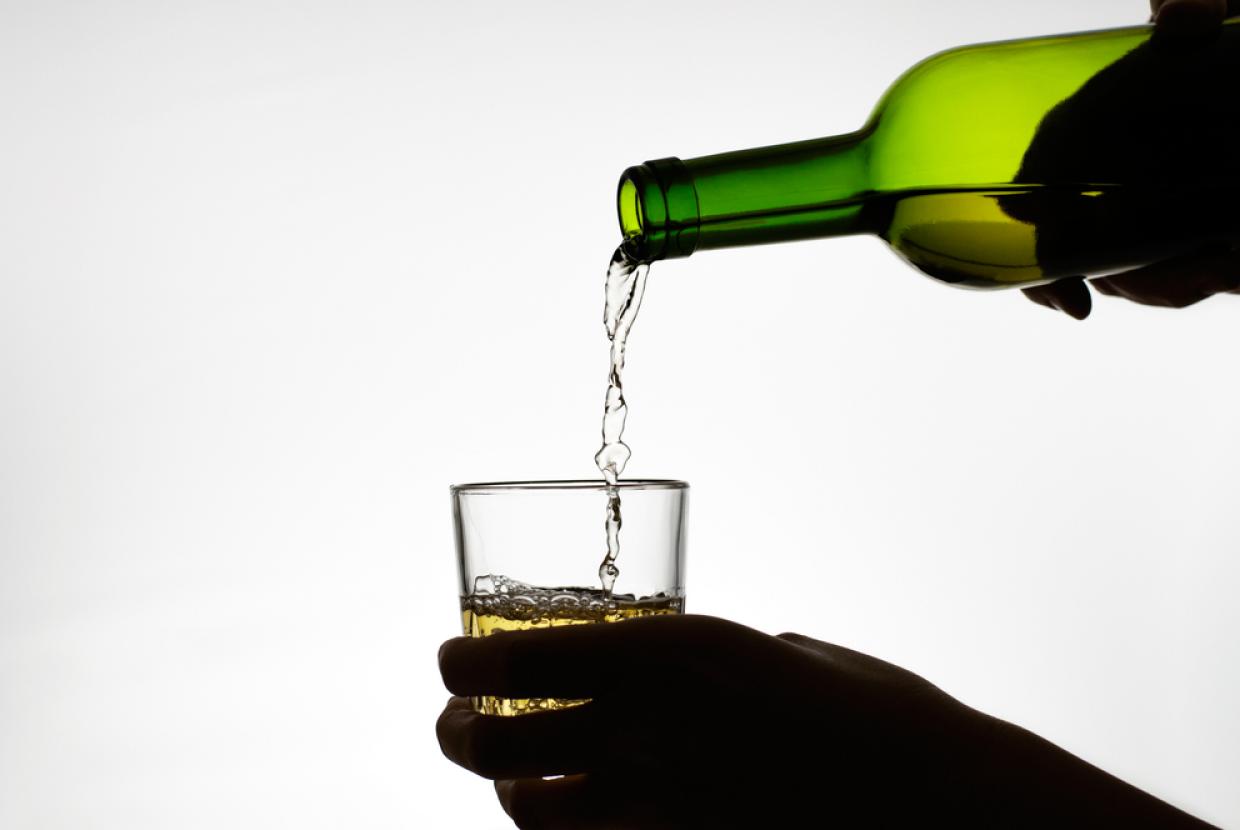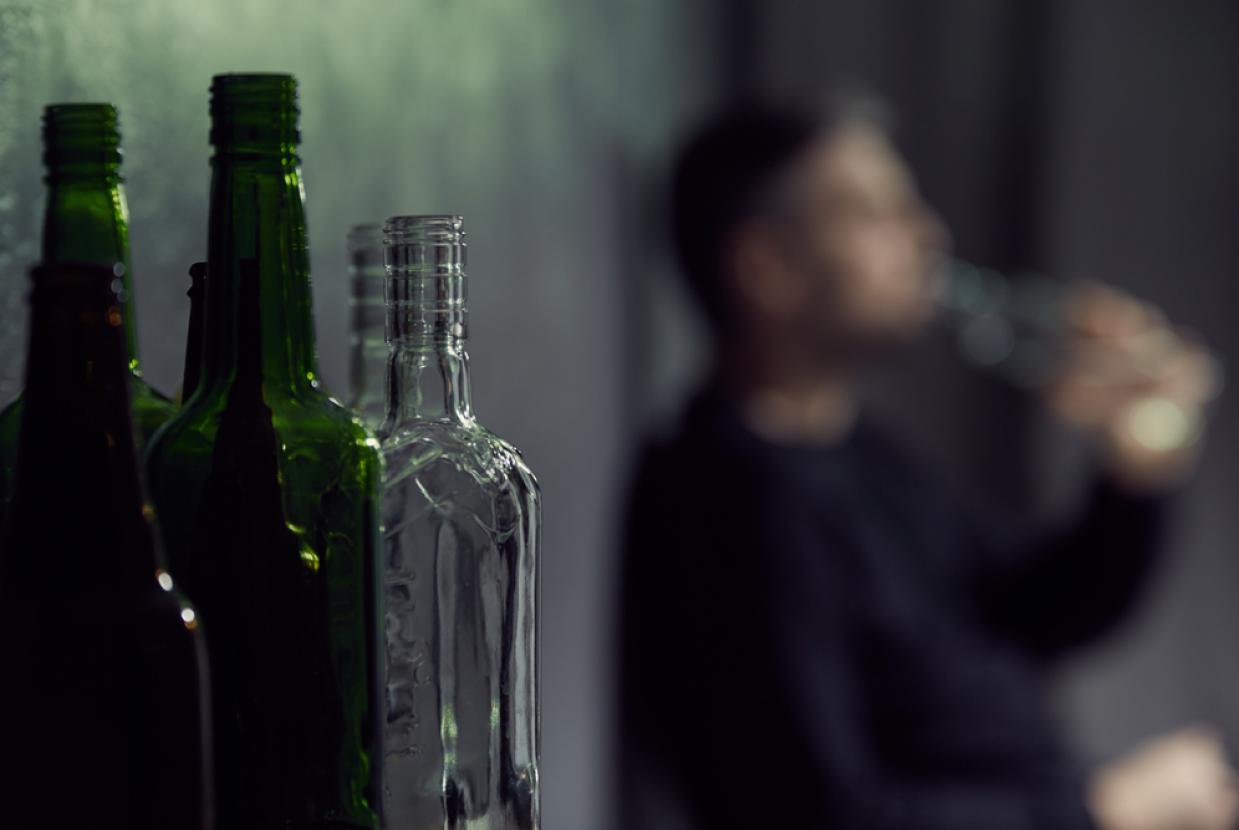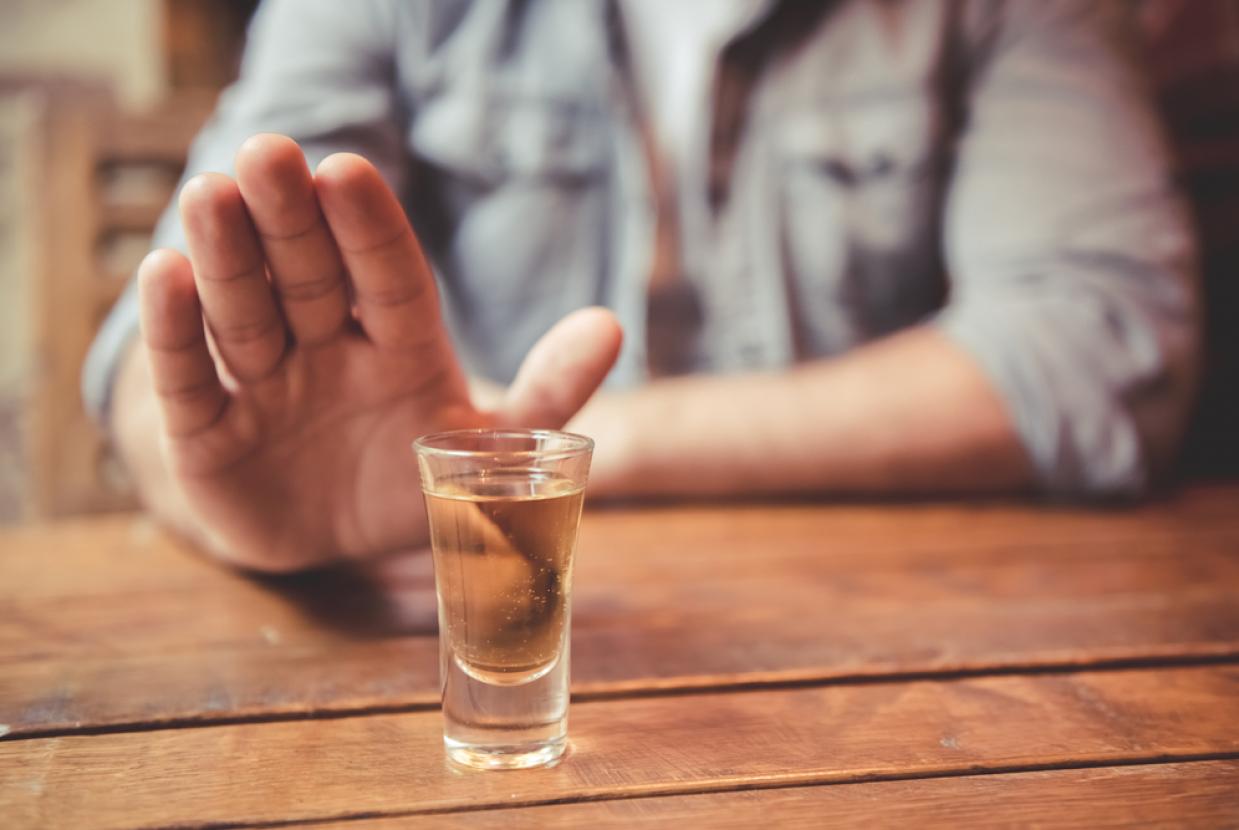Drugs and your child
Children who can talk to their parents about drugs will avoid taking them more than those who do not. If you think your child is using drugs, or want to talk to your child about the danger of drugs, you will need to know the facts.
Talking about drugsIt’s important to educate your child about the dangers of drugs.
If a young child brings up the subject, ask gently what they know about drugs.
Tell them they can come to you whenever they have questions about drugs and you will answer.
Tell them to let you know if anyone ever offers them drugs.
If your child is taking drugs, encourage them to be honest with you about what they’re taking, how often and why they’re taking them.
Dangers of illegal drugsTeach your child about the effects of drugs and make sure they’re aware of the risks.
You should advise your child of the following possible dangers.
Illegal drugs are unlikely to be pure and you won’t know what it has been mixed with or its strength.
Therefore, your child can't be sure what effect a drug will have, even if they have taken it before.
This could lead to an accidental overdose.
It is extremely dangerous to mix different drugs, including taking drugs and alcohol together.
If needles, syringes or other injecting equipment are shared, there is a serious risk of dangerous infections being spread such as HIV and hepatitis.
Injecting can also damage veins.
Signs that your child may be using drugsPossible signs of drug use can include changes in your child’s:
- appearance
- choice of friends
- interests
- eating and sleeping habits
- mood
- openness with you
These changes can also be part of growing up and a young person who is not using drugs could show the same changes.
If you have suspicions, speak to your child but don’t jump to any conclusions.
What to do if your child is taking drugsIf you find out your child is taking drugs, it’s important you stay calm, talk to them and reassure them.
You should:
- let them explain in their own words what they've taken
- avoid asking them why they've taken drugs as it will make them defensive
- let them know exactly how you feel about the situation
If your child does have a drug problem, it’s important they know you will support them.
This could be by answering simple questions or helping them to kick the habit.
To help someone with an alcohol or drug problem, search the local directories of services to find support and advice in your area.
When you do talk:
- it may help to have someone else there who your child likes and respects
- know the risks and consequences
- make time to listen, be patient, and make sure that you won't be interrupted
- respect their views
- avoid asking why, as it could make them more defensive
- don't get hung up on blame, the future is more important
- give the child space — talk about what they are going through, be interested in what they are doing and encourage them to have friends and interests
- don't make assumptions— let them explain what's going on for them and treat what they say seriously
- set clear limits and boundaries and stick to them — they need to know your feelings
If your child is caught in possession of a controlled drug, they have committed a criminal offence. This will be recorded by the police.
Many children and young people are unclear about the possible consequences in later life.
They could be prevented from taking up certain jobs or from visiting other countries.
For a first offence your child may receive a warning or a caution.
If they are between ten and 17 years old and commit further offences, including selling or smuggling drugs, they could be dealt with by a Youth Court.
As a parent you risk breaking the law by turning a blind eye.
If you know that your child is sharing illegal drugs with a friend in your home and you do nothing to stop it, you may be committing an offence.
If you take drugs from your child, you must either destroy them or hand them to the police as soon as possible.
By having the drugs in your possession you may be committing an offence, even if you have no intention of using them.
Understanding your child's behaviourTo find out if your child is using drugs, you may want to keep track of where they are and what they are doing, by asking questions like:
- what company they are keeping
- who the parents, guardians or carers of their friends are
- why they are always late home
- why they do not want to get up in the morning
- why they are not eating
- whether they are missing school
- why they lock their bedroom door
- why they have so much money and where did it come from
- what they are doing when they are out
Ask these questions in a caring way.
You should not show distrust and a lack of confidence in your child and always keep lines of communication open at all times.
What to do in an emergencyIf you find your child is having a bad reaction to something they’ve taken, there are things you can do to help.
You should always try to calm them and be reassuring.
Knowing what they have taken can help you give them the right support.
Drugs can be loosely put into two groups:
- stimulants
- depressants
If your child has taken amphetamines (speed), cocaine, cannabis, ecstasy, LSD (acid) or magic mushrooms, they might feel tense and panicky.
If this happens you should:
- calm them down and be reassuring
- explain that the feelings will pass
- encourage them to relax in a quiet, dimly lit room
- tell them to take long, slow breaths if they start breathing very quickly
If your child has taken heroin or tranquillisers, or misused gases, glues or aerosols, they might start to feel very drowsy.
If this happens you should:
- try not to frighten or startle them, or let them exert themselves
- never give them coffee or other caffeine-based products to wake them up
- lie them on their side in the recovery position if the symptoms persist, so their tongue can't fall back and prevent breathing
- call an ambulance if they don't start to become more alert
Organisations such as the Parenting Focus (external link opens in a new window / tab)are available to discuss issues and can pass you on to other organisations at a community level.
Most young people who try drugs do not go on to become problem users.
- Information on psychoactive substances (external link opens in a new window / tab)
- Drugs and solvents(external link opens in a new window / tab)
- FRANK: honest information about drugs(external link opens in a new window / tab)
Several national organisations can provide help and information on drugs and drug abuse:
National Drugs Helpline offers free and confidential advice. It is available in 120 different languages and a translator can be provided:
- phone: 0800 776 600
Your GP can refer you to local drugs counselling agencies.
Your child’s school should have a policy on drug education and managing drug-related incidents.


